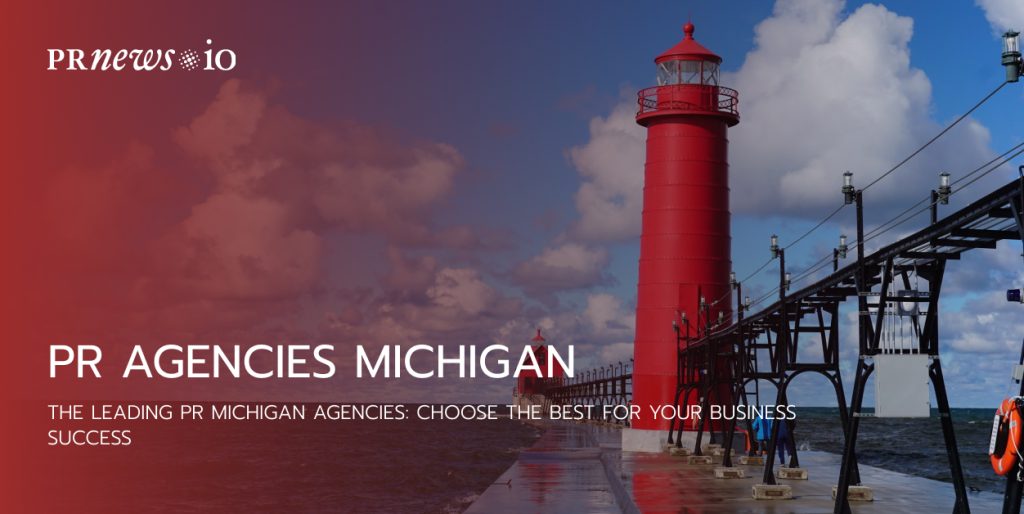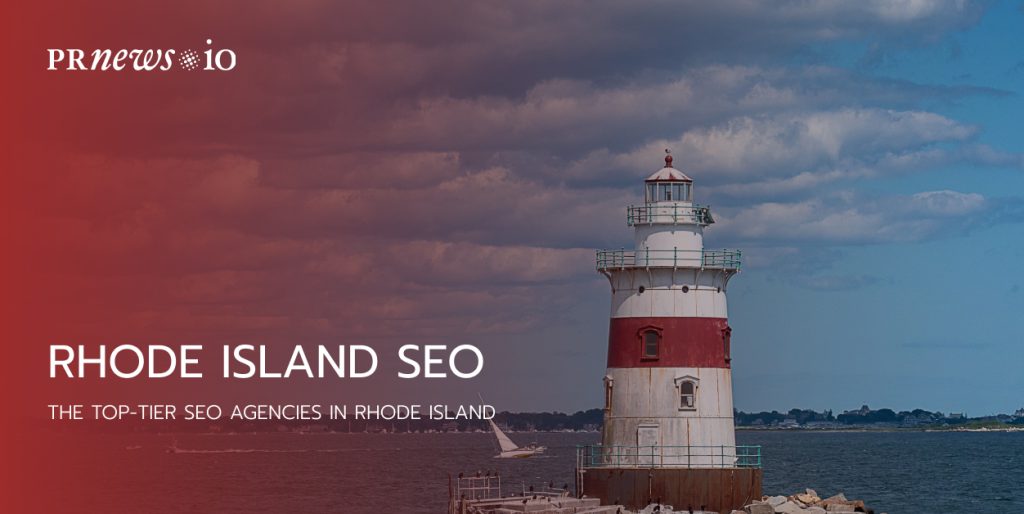As a part of my PR Strategy Series, we are talking to top experts in the field to give entrepreneurs, PR specialists, and marketers an inside look at proven strategies you might also be able to leverage to grow your business or career.
Today I had the pleasure of talking with Amy Roberts, Vice President of Communications at KNB Communications, a PR and marketing agency specializing in healthcare and health tech. Prior to this role, she served as a PR director at Intermountain Healthcare for 10 years.

Describe your experience in Public Relations for the Medical Industry.
I spent nearly a decade as a PR Director at Intermountain Healthcare before assuming my current role as Vice President of Communications KNB Communications, a PR and marketing agency specializing in healthcare and health tech. I also paid my dues in newsrooms across the country, having worked as a journalist prior to transitioning into PR.
What do you do in healthcare PR?
In my current role at KNB Communications, I oversee all PR and media-related deliverables for the clients we serve. This includes setting strategy, ideating creative pitch angles, networking with journalists, following healthcare-related news outlets, editing and writing content, and working closely with the marketing arm of our agency to ensure an integrated approach that brings success to our clients. As part of this role, I also lead a team of media relations managers and account directors and ensure we are following and implementing best practices, while also providing best-in-class service to our clients.
Do you use press releases in your work?
Yes, KNB frequently writes and distributes press releases on behalf of our clients.
Why is PR important in healthcare?
Public relations are critical for any business, no matter the industry, but it’s especially important in healthcare because the stakes are incredibly high. The decisions consumers (patients) make can have true life-and-death consequences. Patients look for healthcare systems, hospitals, and clinicians they can trust, and the reputations of each are built and amplified through their public relations efforts.
How do you evaluate the success of a public relations campaign?
Measuring success is largely dependent on the goal of the PR campaign. If the campaign is designed to increase organ donation, an easy KPI is how many new donors signed up. At KNB Communications, we evaluate success based on the goals of the campaign. Some common measurements we use are web traffic, social media engagements, media coverage/reach, the share of voice, and advertising value equivalency.
Content Marketing Platform
- 100,000+ media publications;
- get backlinks to your product;
- scale work with content distribution.
What outreach methods do you find work the best for securing media coverage?
While the old school of thought is, “It’s not what you know, it’s who you know,” that’s becoming less important in today’s media landscape. Curated topics are the new Rolex. Following journalists on social media, reading the articles they author, and ideating angles tailored to their preferences are more effective than calling in a favor. Customization is key.
Describe the elements you might include in a campaign wrap-up report for a client.
A campaign wrap report should reflect the KPIs that were set at the beginning of the campaign. Were the goals met? If not, what factors contributed to falling short? What was learned and what changes do you recommend going forward? If goals were met, what are the results, and what’s the proverbial domino?
At KNB Communications, we don’t just include results — we also explain why those results matter and compare them to industry standards. As an example, saying something like: “There were 114 shares on social media,” isn’t as informative or exciting as providing details like: “We typically see less than 50 shares, so this campaign exceeds industry standards. In addition, these three people — X, Y, and Z — shared your post, and each of them has over 15,000 followers. In total, the campaign reached more than 272,000 people. What’s even more exciting is the direct correlation to an increase in website traffic, which went from an average of 1,500 unique visitors daily to 4,500 during the campaign.”
How do you stay updated on industry trends?
By reading industry news, following thought leaders in the space on social media, and networking.
Describe a PR campaign you worked on of which you’re especially proud.
Forgive the cliché, but I’m proud of any campaign I was part of that was successful. When you work in healthcare PR, campaign success is often measured in patient outcomes. At KNB Communications, our clients offer products and services designed to better healthcare — by lowering the cost, improving outcomes, advancing health equity, reducing burnout, and other factors. So any time we are able to play a role in that process, it’s rewarding.
What are your sources for daily news?
I listen to a lot of podcasts – The Daily is my go-to. I try to carve out time every morning to scan the NYT and CNN’s home pages. Furthermore, I also read the outlets I target for my clients — Becker’s, Stat News, Fierce Health, and others.
Describe your interests outside of work.
I love to travel – 100+ countries and all seven continents. I live in Park City, Utah, so I spend my free time skiing in the winter and hiking in the summer. My two rescued dalmatians, Stanley and Willis, are usually by my side.
Describe your experience dealing with crisis communications. How would you deal with a PR crisis?
It’s impossible to say how I would deal with a crisis without knowing the scenario because every response needs to be unique to the crisis and adapted in real-time as the event unfolds. You’re going to have a much different response to an active shooter or malpractice-related death than you are to a chemical spill or employee misconduct.
But the reality is, when you work in healthcare, a crisis is a matter of when not if. My advice is to always have a crisis PR plan and keep it updated.
Read more:
- Thomas Mustac of OtterPR: Medical and Health Industry PR Tips
- Interview with Eliza Gwendalyn Shkolnik about Healthcare PR
- Take Care of Medical Public Relations to Get Your Business Heard
- Online Reputation Management for Doctors – 10 Must-Follow Strategies
- Internal Communications in PR or Why Your Company Needs It





